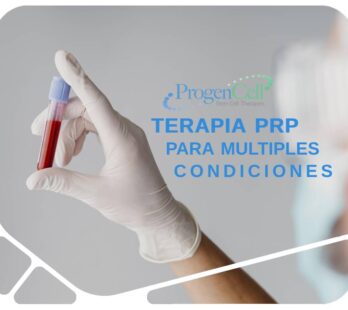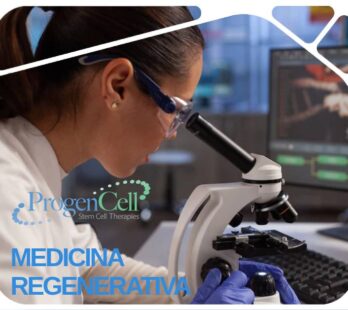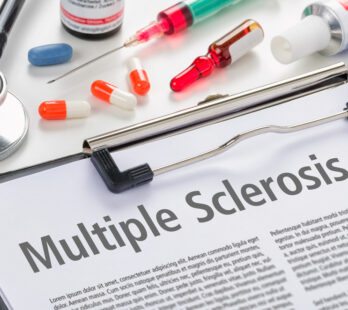Salud Masculina en Junio: Cuida de ti para estar presente con quienes más amas
PRP: terapia para multiples condiciones
¿Qué es la medicina regenerativa? una mirada al futuro
Mejorar el sistema inmune a base de infusiones intravenosas
Things to do while visiting Tijuana
Tijuana is one of the most visited cities in the world, located just a few steps from the San Diego border, is a popular city for lots and lots of visitors. People from both sides of the border spend quality time in this enigmatic and captivating city.
Regardless of the difference in language and culture,
Improving quality of life: patients with MS
There are characteristics in Multiple Sclerosis (MS) that can be identified, such as: Demyelination and Gliosis (Scar Tissue). This affectations can happen in different parts of the Central Nervous System (CNS), with different appearance in time causing selective destruction of myelin. Around 350,000 Americans are affected by MS, and 2.5 millions worldwide. More than half of the patients with MS have specific autoantibodies against myelin stimulating its demyelination and activates macrophages,







